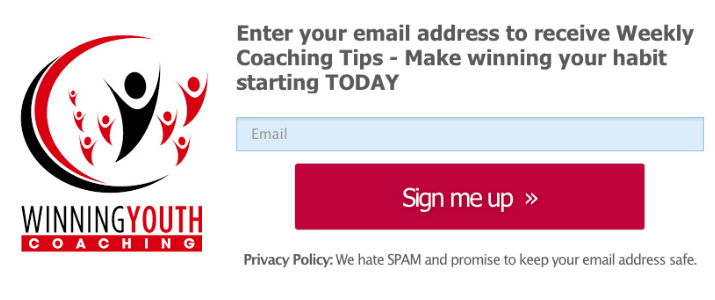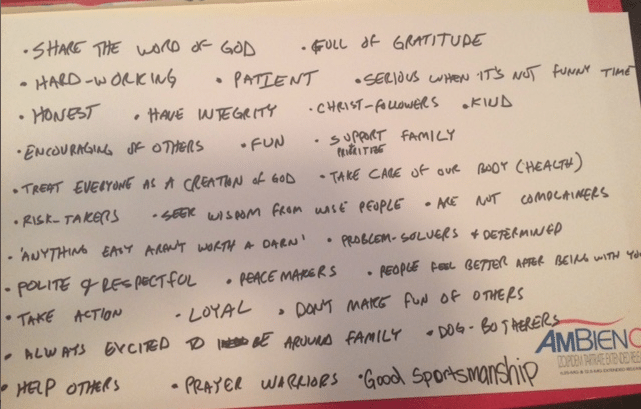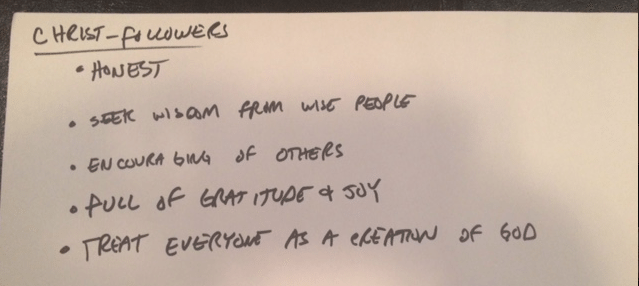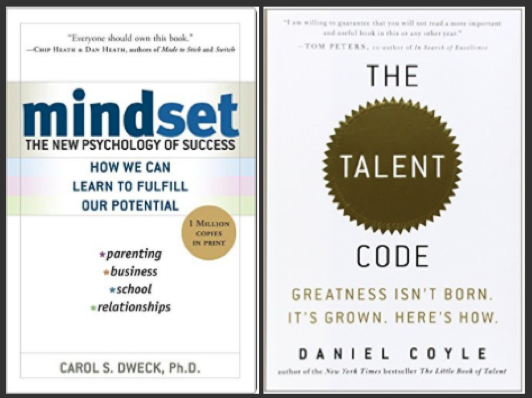February 6, 2017
WYC 105 – Championship Culture Part 1 – Matt Lisle talks Core Covenants and The Hitting Vault
Coach Lisle currently works with numerous MLB, professional and college players and is a former collegiate hitting coach.
Lisle’s knowledge is deeply rooted in all aspects of the game, but his passion and knowledge for hitting has proven to be a game changer for all the hitters he works with. Many know of Coach Lisle through his large social media following where his followers get encouragement, instruction, tips and insights on the game. His positive coaching approach has been a great motivator for players, parents and his peers. Coach Lisle has instilled his philosophy of teaching and sharing in the creation of The Hitting Vault, where their goal is to help every baseball and softball hitter unlock their power.
Websites: TheHittingVault.com & coachlisle.com
Twitter: @CoachLisle
Facebook: /coachlisle
Listen Now:
Listen on iTunes: iTunes link
Listen on Stitcher: Stitcher link
Listen on Google Play Music: Google Play link
–
Quote
‘Good is the enemy of great’
Coaching your own kids
- Matt coached his son along with his Dad as the assistant. His dad is very laid back while Matt is very technical, so Matt enjoyed watching how hard the kids played for his dad because of how much he enjoyed them and kept things fun.
Cringe Moment
- Matt began coaching at a very early age (23 years old as head coach), so initially he was trying too hard to be ‘cool’ and be friends with the coach. Then he swung to the opposite extreme and became too shut-off. Eventually he found the balance of caring for the kids while not trying to impress them.
Teaching Skills
- The challenge is to take complicated actions and teach them in words they understand with as few words as possible. Feel it instead of think it.
- Every kid should have a bat/ball so they are following along with you. Matt also uses a 120″ screen and shows what the pros look like so they can see more examples of what great looks like.
- Good analogy – Cars – Your body is the engine of the car, it’s where the power comes from, your bat is the steering wheel.
Self-confidence and peak mental performance
- The parents and coaches influence confidence more than the kids themselves.
- Allow the players to fail and let know it does not affect how you feel about them. When they make mistakes, instill trust in them. Give them permission to fail and encourage aggressive play and mistakes are OK.
Championship Culture – Core values
- Core covenants – This is what we’re all about
- 2 rules on this team:
1 – Don’t be late
2 – Don’t let your teammates down
- Captain’s meetings every Friday morning to train their captains
Rewards
- Don’t reward average
- Get excited and celebrate exceptional effort and performance
Best Teambuilder
- Team Olympics – Team handball can be a great game
Connecting with and Impacting Kids
- Treat each athlete like one of your own kids and try to instill love and guidance in their lives
The One that got away
- Matt’s team in 2012 coached a great team. They were undefeated going into the last game of the season, and the coach of the other team in the last game was Matt’s dad. They lost 2-1. Matt had not started his best pitcher because they had pretty easily beat this team earlier in the year.
Best borrowed/stolen idea
- Bruce Brown – Proactive Coaching
Favorite coaching book/quote
- Quote: ‘Good is the enemy of great’
The Hitting Vault
- Great resource for hitting advice – TheHittingVault.com
- Speaking/clinics – coachlisle.com
Parting Advice
- Love your athletes the way you love your children
–
Today’s Sponsors
Established in 1995, Upward Sports is the world’s largest Christian youth sports provider. Approximately 100,000 leaders and coaches deliver Upward Sports programming to half a million young athletes around the country.
Upward Sports promotes the discovery of Jesus through sports, by providing a fun, encouraging environment in which young athletes can learn technical skills and a love of the game. We use sports like basketball, volleyball, soccer and flag football to help young athletes develop mentally, athletically, spiritually, and socially. We are about the whole athlete—that’s our 360 Progression.
—









